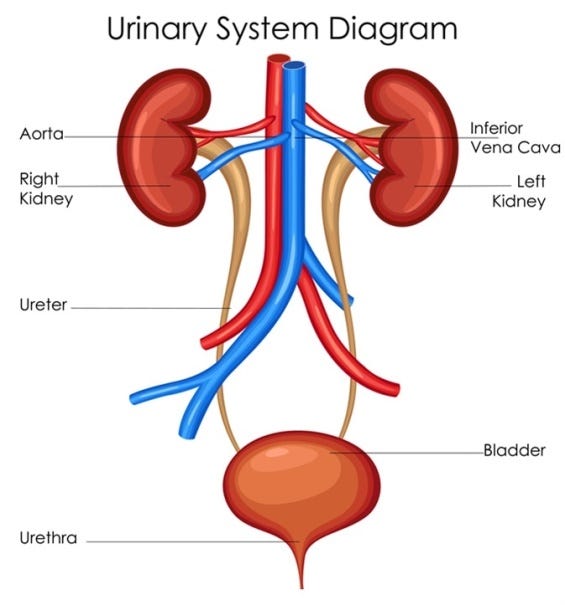Treating kidney stones typically involves a combination of measures aimed at relieving symptoms, facilitating stone passage, and preventing recurrence. Urologists, specialized in urinary tract disorders, employ several treatment strategies depending on the size, location, and composition of the kidney stones.

Here’s a detailed overview of how kidney stones are treated by urologists:
1. Observation and Pain Management
- Small Stones: Many small kidney stones (less than 5mm in diameter) can pass on their own with supportive care. Urologists may recommend drinking plenty of fluids to help flush out the stone and prescribe pain medications (such as NSAIDs) to manage discomfort during passage.
2. Medical Therapy
- Alpha Blockers: These medications relax the muscles in the ureter, facilitating the passage of kidney stones and reducing associated pain.
- Pain Relief: NSAIDs or stronger pain medications may be prescribed to manage severe pain episodes.
3. Minimally Invasive Procedures
- Extracorporeal Shock Wave Lithotripsy (ESWL): This non-invasive procedure uses shock waves to break kidney stones into smaller fragments, which can then pass more easily through the urinary tract.
- Ureteroscopy (URS) with Laser Lithotripsy: A thin, flexible scope is inserted through the urethra and bladder into the ureter to directly visualize and fragment stones using laser energy. Fragments are then removed or allowed to pass naturally.
4. Surgical Interventions
- Percutaneous Nephrolithotomy (PCNL): Used for larger stones or when other methods are not feasible, PCNL involves making a small incision in the back to access and remove stones from the kidney.
- Open Surgery: Rarely needed today, open surgery may be considered for very large or complex stones that cannot be effectively treated with less invasive methods.
5. Preventive Measures
- Dietary and Lifestyle Changes: Urologists often recommend adjustments in diet (e.g., reducing salt and animal protein intake, increasing fluid intake) to prevent stone formation.
- Medications: Depending on the stone composition and underlying causes, medications like citrate supplements or thiazide diuretics may be prescribed to prevent stone recurrence.
6. Follow-Up Care
- Monitoring: After treatment, urologists may schedule follow-up appointments and imaging studies to monitor for stone recurrence and evaluate kidney function.
- Education: Patients are educated on lifestyle modifications, dietary habits, and hydration practices to minimize the risk of future kidney stones.
Conclusion
Urologists employ a tailored approach to treating kidney stones, considering factors such as stone size, location, patient symptoms, and overall health. The goal is to alleviate pain, facilitate stone passage or removal, prevent complications, and reduce the likelihood of recurrent stones through comprehensive management strategies. With advancements in technology and medical understanding, urologists continue to refine treatment approaches to improve outcomes for individuals affected by kidney stones.
Comments
Post a Comment